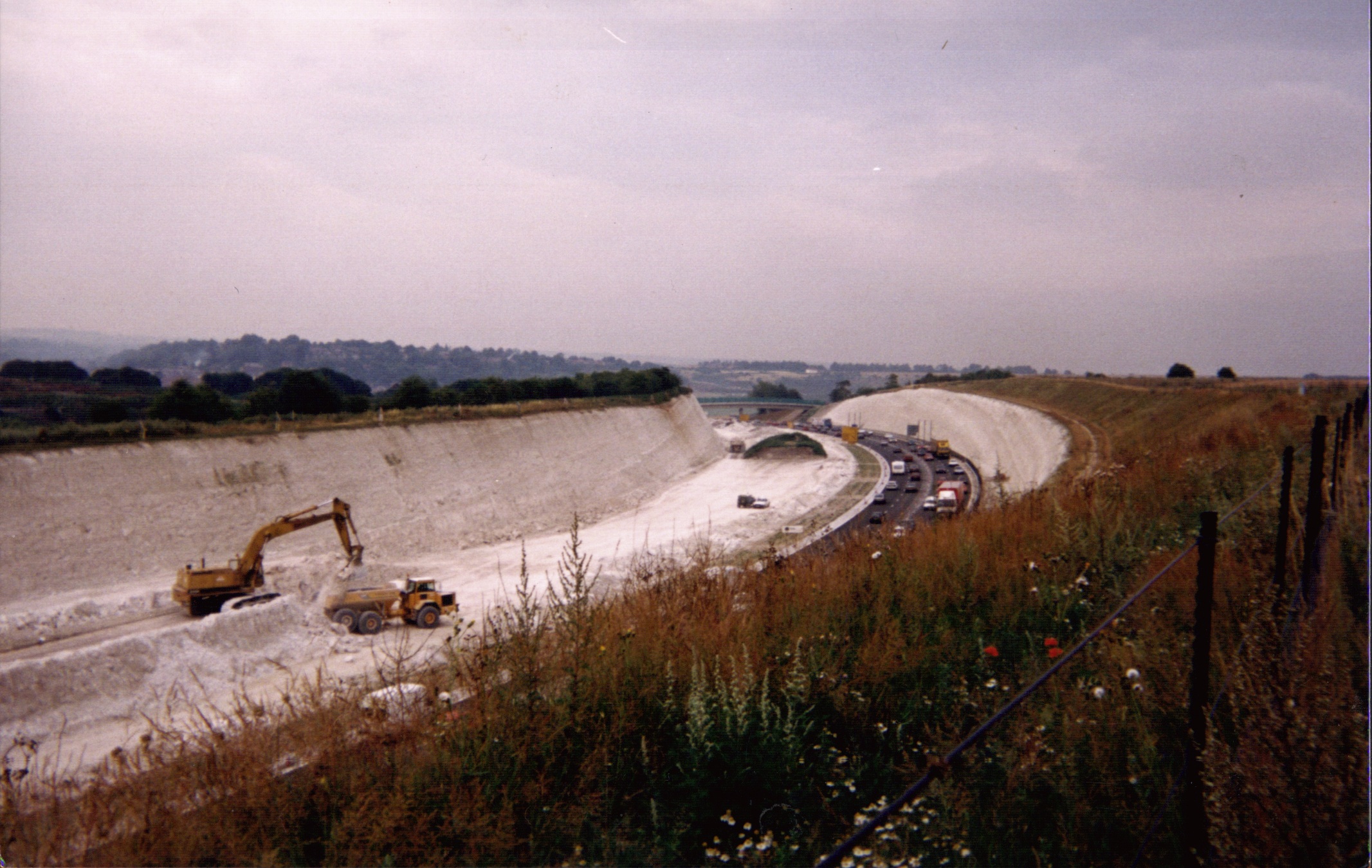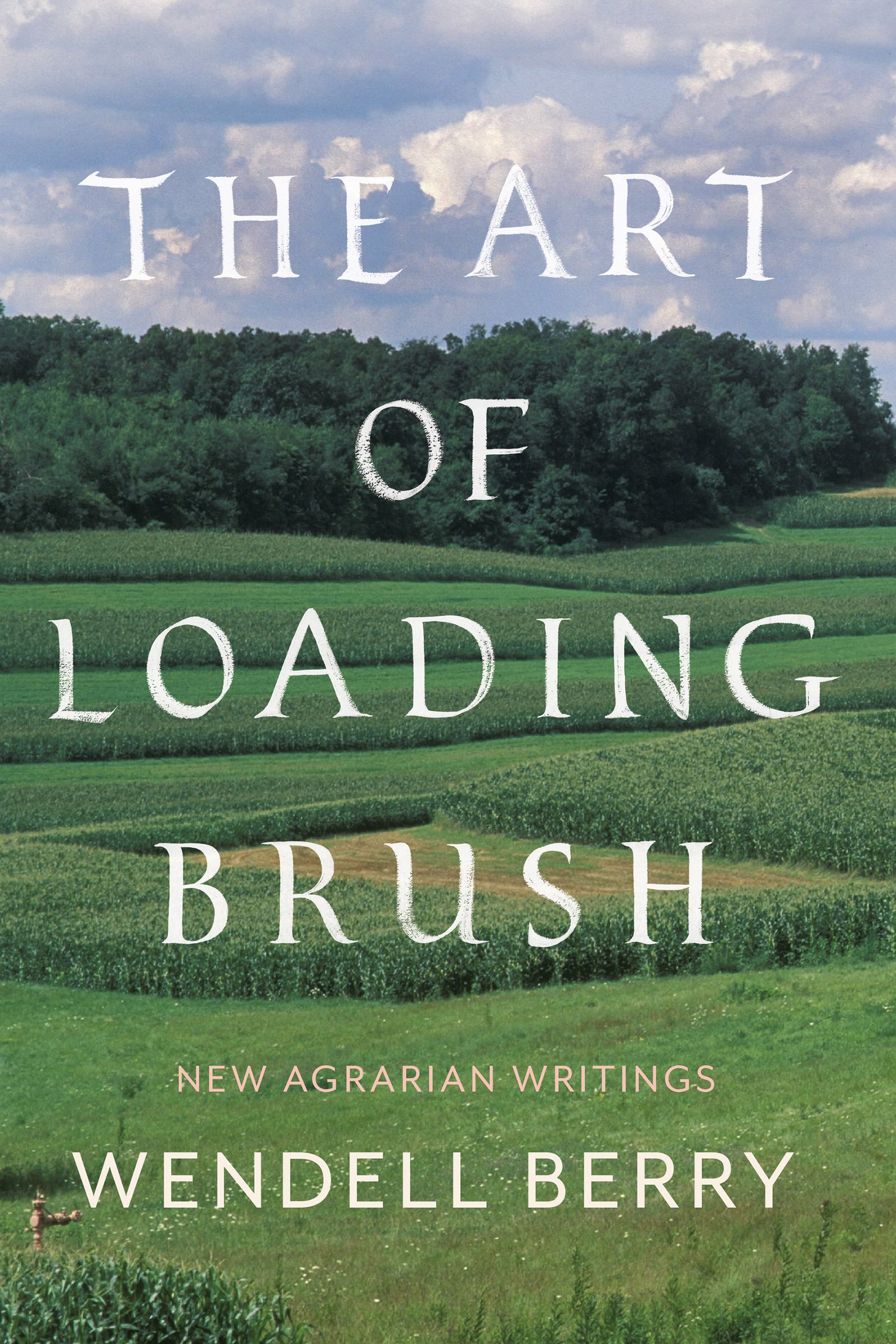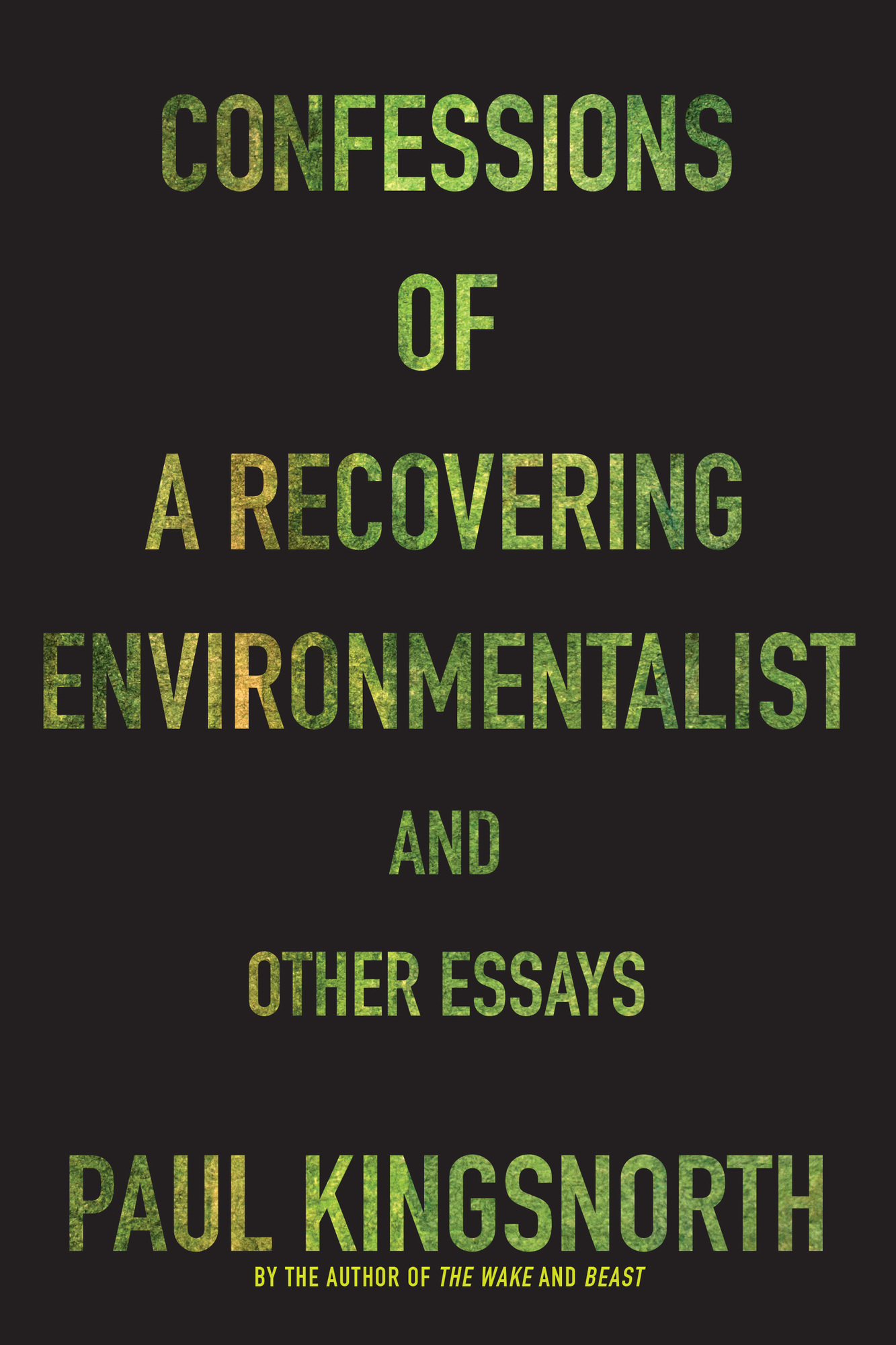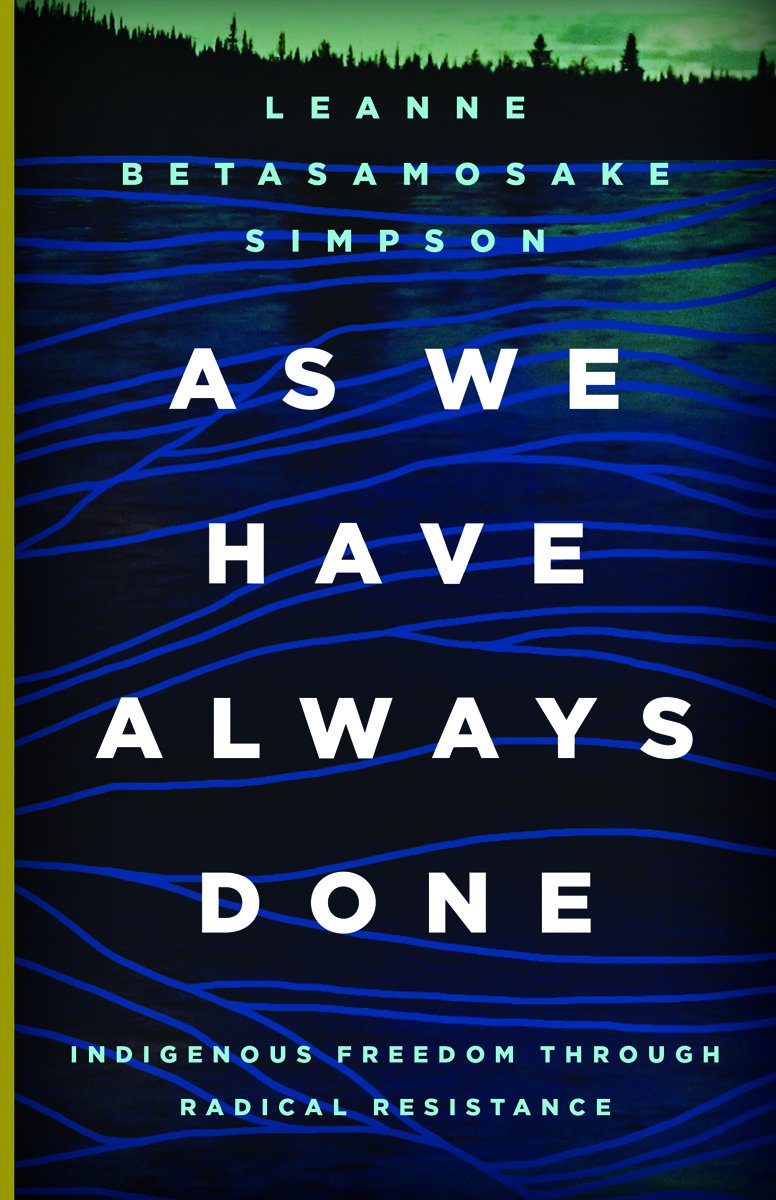
A six-lane highway cutting through Twyford Down in England is seen partially opened during construction in July 1994. (Wikimedia Commons/Chris Woodford)
With the 2015 publication of "Laudato Si', on Care for Our Common Home," Pope Francis' ecological manifesto, the Catholic Church stepped powerfully and clearly into the now-decadeslong public conversation about the state and future of our planet, the role of the environmental movement and our understanding of the human's place within creation.
By now, we hardly need to rehearse the litany of eco-woes we face — deforestation, urban sprawl, disappearing topsoil, freshwater shortages, climate change, the sixth mass extinction, and more. Yet three recent books help not only to clarify such challenges, but also to point the way toward the cultural and ecological health that Francis calls for.
Of all the important voices in the critical dialogue spanning the last two generations, there has been perhaps none more steady, eloquent and significant than that of Kentucky farmer-poet Wendell Berry. Since 1960, Berry has published poetry, fiction and nonfiction essays — more than 40 in all. In his latest, The Art of Loading Brush: New Agrarian Writings, Berry's many fans will be pleased to find here all three genres.
As Berry states from the outset, this book, like so many of his others, centers on "the relationship of our lives, and of our communal and economic life, to the lands we live from."
Looming over this relationship is what Berry calls "the ecological, agricultural, economic, and social catastrophe of industrial agriculture." We are still suffering, he argues, from the effects of the mid-20th-century "Get big or get out" agricultural policy.
With the author now in his 80s, a sense of wariness and sadness pervades Berry's writing. Of the healthy agrarianism of Port William, the fictional town about which he's written for nearly 60 years and which is based on his own home, Berry writes that it is "past and gone."
Weighing in on the environmental movement's focus on climate change, Berry is troubled. Though no "climate denier," Berry worries that the single-minded focus of this global crusade has the potential to become a fad, and to overshadow the very real need to stop other forms of environmental destruction on a local level. While Berry of course sees the need for averting climate change, he contends that the effort will little impact the life of rural land and people, which will continue its rapid decline.

To the global climate change movement, he recommends turning its focus away from big marches and policy work and look instead toward "good work." And here, despite the subtitle of the book being "New Agrarian Writings," Berry is back in familiar territory, making his usual nods to the need for strong local economies, the viability of communities like the Amish, and the role Western tradition and literature can play in finding healthier relationships to the natural world. Berry admits on the first page that his "principal asset as a writer has been … repeating myself."
Indeed, Berry has been making a variant on the same agrarian argument for decades. As compelling a case as he makes, this book is not his finest. For example, "The Order of Loving Care" — what he calls his "peculiar" and "perhaps questionable" short story in which the fictional Andy Catlett meets Berry's real-life close friends and influences like Wes Jackson — falls flat.
Readers looking to familiarize themselves with Berry's crucial perspective would do well to look to his older, classic works like The Unsettling of America or his novel Jayber Crow.
Advertisement

Still, Berry's views contribute to the ongoing discussion within the environmental movement, as evidenced in Paul Kingsnorth's new book, Confessions of a Recovering Environmentalist and Other Essays. Like Berry, Kingsnorth worries that in its exclusive focus on carbon and climate change, the environmental movement has lost its way. He sees former activists now crunching numbers and donning suits in the corridors of power.
"Destruction minus carbon equals sustainability," he writes bitterly of the "save-the-world-with-windfarms narrative."
Where Berry centers agriculture in the ecological debate, Kingsnorth centers the wild. In the mid-1990s, at the age of 19, Kingsnorth found himself atop Twyford Down in England — an "ancient and unanswering" place — in what he calls a "doomed attempt" to block the construction of a six-lane highway through its heart. Standing amid other activists in that beautiful, uninhabited space, Kingsnorth felt that this was what the environmental movement was about.
"Being in a place, knowing it, standing up for it. It was environmentalism at its rawest," he reflects on that time.
But in the decades since, Kingsnorth has seen the environmental movement co-opted by an almost exclusive desire to save humanity, rather than protecting creation for creation's sake.
"We are not environmentalists now because we have an emotional reaction to the wild world," he laments. "We are environmentalists now in order to promote something called 'sustainability.' "
Kingsnorth is at his best — his most lyrical, compelling and provocative — when he links his critiques of both the environmental movement and technological society to his engagement with the land. In 2014, not unlike Berry's move to the country decades earlier, Kingsnorth emigrated with his family from urban England to a small acreage in rural Ireland. There, he plants trees, scythes and utilizes his self-built compost toilet.
Though Kingsnorth believes that human beings have long since passed a point where they have the ability to "save the world" (for which many label him a "defeatist"), he still advocates action on its behalf: to root oneself in a place, to love it and to defend it.
It should be noted of both Kingsnorth and Berry their almost exclusive reliance upon white, male, American-European sources to inform their worldview. Given the trajectory of recent human history, it would seem wise to seek alternate voices, not only to help us understand how we got to the present moment, but also to inspire us in how to move forward.
One obvious choice is Leanne Betasamosake Simpson's blistering new manifesto, As We Have Always Done: Indigenous Freedom through Radical Resistance. An academic, activist and member of the Michi Saagiig Nishnaabeg tribe on the north shore of Lake Ontario, Canada, Simpson places the environmental crisis within a broader context of what she calls "settler colonialism": violence toward indigenous peoples and dispossession of indigenous land.
Simpson writes of her ancestral lands, the impact of European settlement and ecocide, mandatory residential schools for Indian children, gender violence and four centuries of removal. "Our most sacred places have been made into provincial parks for tourists," she says.
In contrast to the devastation wrought by industrial capitalism, Simpson's proposed alternative takes the form of her culture. Her Nishnaabeg community systems, she notes, are "designed to generate life — not just human life, but the life of all living things."

She is grounded in "Nishnaabeg ways of knowing," which include practices of "hunting, fishing, harvesting rice and medicines, ceremony, language learning, singing, dancing, making maple syrup, parenting, and storytelling." Because of ongoing colonization, such practices are disappearing.
Simpson thus calls not for policy change or recognition by the state, but for indigenous self-determination. "We don't need a list of demands, because we are the demand. We are the alternative."
Simpson is wary of tokenism. "It is not acceptable to wear a headdress to a dance party, but it is acceptable to dance on stolen land and to build pipelines over stolen land," she writes fiercely of ongoing injustice.
She reminds her readers that, though indigenous land and indigenous bodies continue to be under attack by the state and by corporations, their resistance — their very presence — offers the rest of us a way forward.
While Simpson's prose can be dense and idiosyncratic — she regularly writes of "grounded normativity," "radical resurgence" and "constellations of coresistance" — her writing is worth reckoning with, for both Native and non-Native alike. Hers is not a call for reconciliation or inclusion; it is a call for deep, place-based resistance.
Fundamentally, each of these books, while different in many ways, suggest that the way out of our deep cultural and ecological crisis is through a spiritual connection to the land. In a movement increasingly obsessed with policy changes and science, these three writers make pleas for relationships, for spiritual groundedness, and for embodiment amid the march of industrial progress. May we listen deeply to these voices as we navigate the most important, far-reaching conversation of our age.
[Eric Anglada is a member of St. Isidore Catholic Worker Farm and works for the Sinsinawa Dominicans, both in southwest Wisconsin.]







